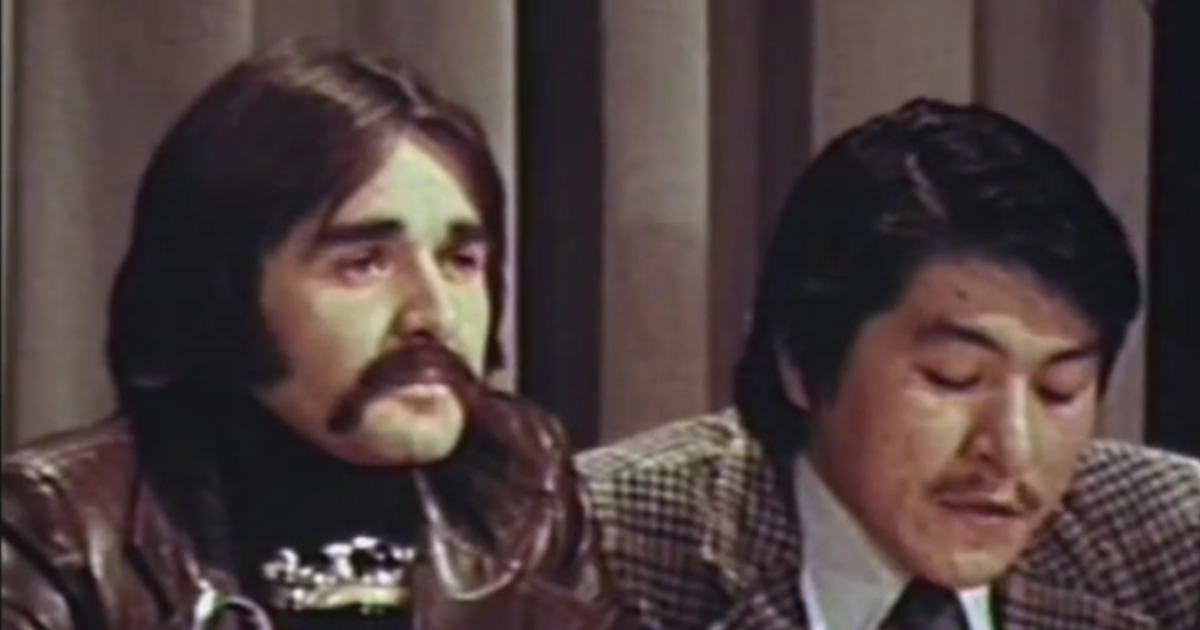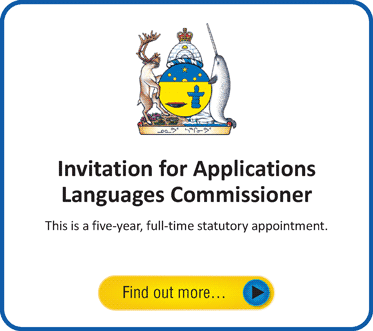JBNQA signatory Charlie Watt reminisces on the agreement’s creation, and what the future of Nunavik should be
In the early 1970s, Charlie Watt and Zebedee Nungak, two young Inuit at the time, attended an Indian Quebec Association meeting. There, they were discussing how the Crees could take on the Government of Quebec, which was building a hydroelectric dam on their land.
“We were not necessarily welcomed,” Watt said in an interview. When he and Nungak were participating in the meeting, the Indian Quebec Association lawyers were reacting to what they were saying. Eventually, they were asked to leave.
As Watt was about to walk out, Billy Diamond was standing in the doorway. He held Watt by the arm and said, “Don’t leave. I don’t agree with the representation that the IQA is making,” adding that the lawyers were occupying the meeting.
Diamond would become the leader of the Crees in the negotiations of the James Bay and Northern Quebec Agreement.
Upon their return home, Watt and Nungak regrouped with Nunavik elders, where they decided that they should start organizing themselves. There, the idea of the Northern Quebec Inuit Association was born.
Although Watt, now 81 years old, said that the need for Nunavimmiut to fight for their rights began nearly 60 years before the JBNQA.
In 1912, the Quebec Boundaries Extension Act expanded the border of the province northward, giving away what was formerly called Rupert’s Land, but what is now Nunavik.
Large parts of Canada’s Arctic were named Rupert’s Land, and for 200 years, the Hudson’s Bay Co. had exclusive commercial domain over the territory.
Yet in 1936, the Quebec government took the Government of Canada to court, arguing that Indigenous groups are under the jurisdiction of the federal government.
“Quebec felt that it was not their responsibility to provide the needs of the Aboriginal people, even though they had no hesitation whatsoever in accepting the extra land that was given to them,” Watt said.
Services such as education, health, and social benefits were previously provided by the federal government, but the desire to take ownership of these benefits grew within Nunavik.
Today, “there is a governance issue,” he said. A question persists at all political levels in the region: “Who has the right to make the final decisions?”
He said a lot of the “growing” pains that the region feels stem from provision 2.1 of the JBNQA, where Inuit claims to the land of Nunavik have been surrendered and extinguished.
He added that he had signed the JBNQA with the assumption that more agreements would be signed in the future, yet those never came to be.
“It is something that I have to live with,” Watt said. He followed by saying that the authority of decisions should be a point of renegotiation, even if that might be a difficult task to accomplish.
“I always say, if there is a problem, there are always opportunities.”
Section 35 of Canada’s Constitution, which was patriated in 1982, states that it recognizes and affirms the existing Aboriginal and treaty rights of Indigenous peoples of Canada.
Watt said he believes that something can be done with that section to open up the JBNQA for adjustments.
Yet, provision 2.1 remains, even after 50 years.
“When is the government of Canada going to acknowledge and implement section 35?” Watt asked.
“They have not given any indication up to now whether they are going to sit down and analyze the constitutional aspects of it, and make corrections,” he added.
He said that in his 35 years as a senator, Watt had not seen anyone let go of their “investments.”
“There was one older lady that I was listening to one time, she said on the news, ‘I have made my money, I am willing to reconcile with the First Nation,’” adding that “I know for a fact the government is trying to stay away from that topic because of investments.”
Provisions like the extinguishment clause in the JBNQA can be found in every Indigenous treaty signed in Canada, without exception. Watt argues that removing the clause from one would lead to every single one of them being renegotiated.
“I wouldn’t mind one bit taking the whole JBNQA to the Superior courts of Canada and let it flow there, even if it lasts years,” he added, saying that he is looking into it.
He advises the next generation of negotiators for Nunavimmiut to consider that “when you are dealing with the government, they stick to their policy and their laws, and they are not flexible.”
According to Watt, governments can only look at themselves from a colonial point of view because that was how they were developed. “It is not going to be easy to try and get inside and be effective,” he added.
This article is part of Nunatsiaq News’ commemoration of the 50th anniversary of the signing of the James Bay Northern Quebec Agreement in 1975.




